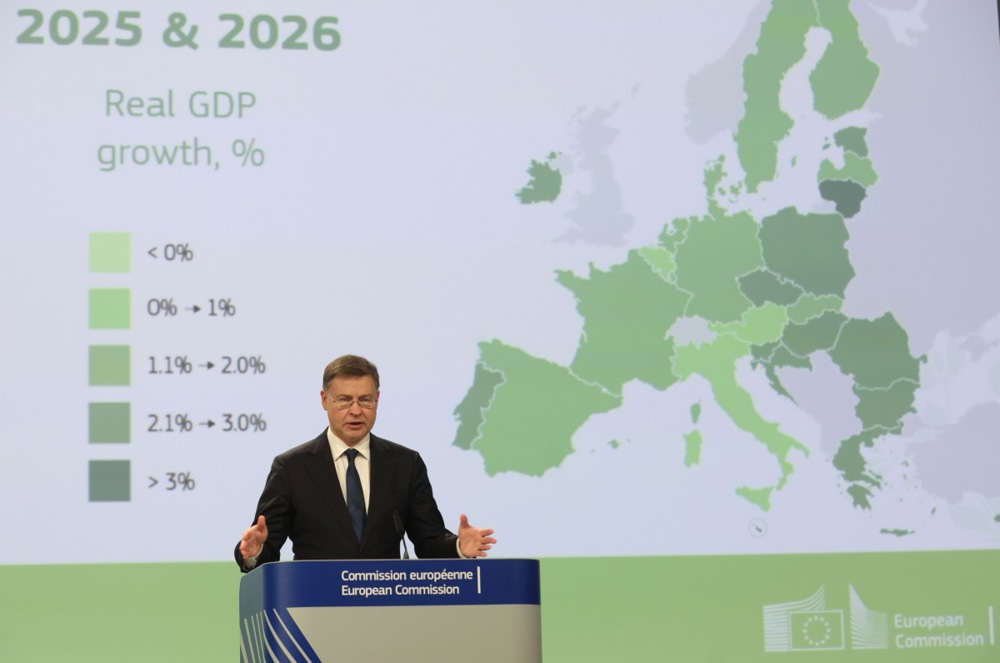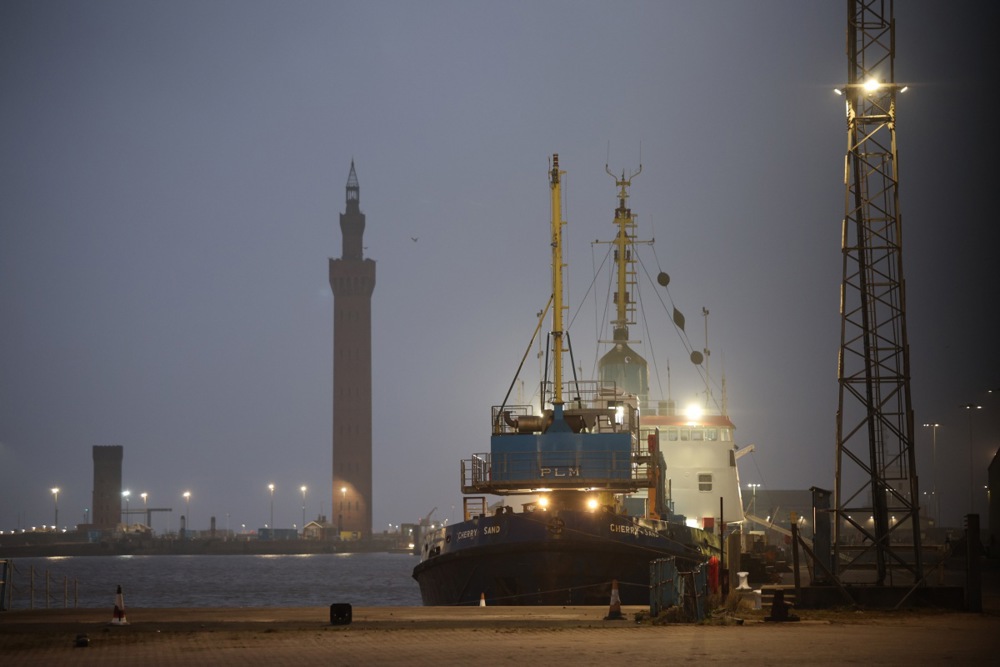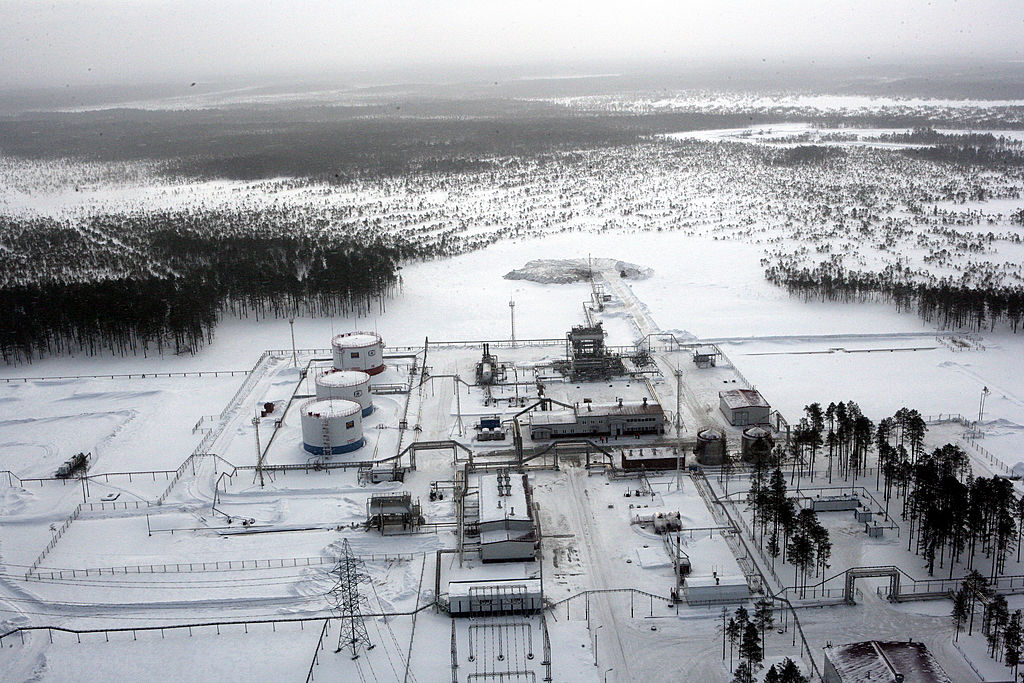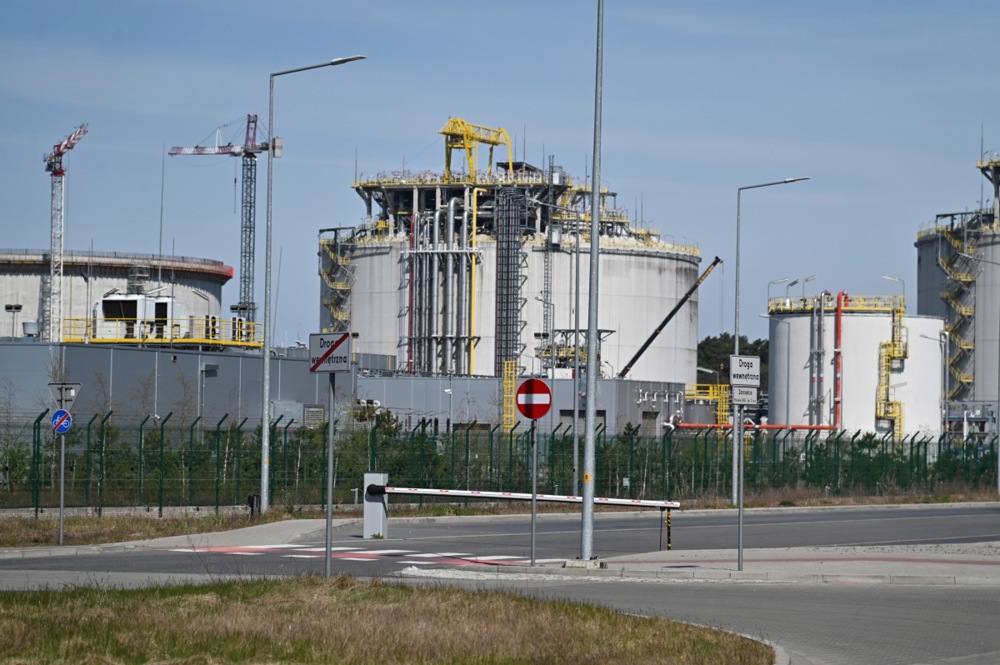Brussels said it wanted to squeeze Moscow’s war chest by slashing the price Russia charged for crude oil.
“If the price is lowered and upheld, it would be a problem for the Russian economy,” Aura Sabadus, energy analyst at the London-based data provider Independent Commodity Intelligence Services, told Brussels Signal on June 11. “The lower the price, the bigger the harm.”
Despite that, observers feared political deadlock in the European Union and US hesitation could stall the plan again.
The European Commission was preparing its 18th sanctions package to tighten the screws on Russia ahead of next week’s G7 summit in Canada. One key element was a cut to the oil price cap, which Western allies introduced in 2022 to pull down Russia’s cash flow without crashing global markets.
Today, the cap has been set at $60 per barrel. Brussels wanted it lowered — closer to $50 or even $45 — to reduce revenues from oil sales that continued to fuel the war on Ukraine.
“Russia’s goal is not peace. It is to impose the rule of might … strength is the only language that Russia will understand,” EC President Ursula von der Leyen said at a press conference on June 10.
Hungary and Slovakia, though, have threatened to block the plan that all 27 EU countries must agree to move forward.
Hungary’s Prime Minister Viktor Orbán has long resisted energy sanctions, while Slovakia depended heavily on Russian oil.
“On Nord Stream, they can ban any EU company from off-taking the gas,” Sabadus pointed out.
Nord Stream is the network of offshore natural gas pipelines which run under the Baltic Sea from Russia to Germany to provide Western Europe with natural gas.
In the context of natural gas, “off takin ” referred to the arrangement where a buyer – the off taker – agreed to purchase a certain volume of gas from a project.
Sabadus added that even Russian firms registered in the EU could be caught up in the new restrictions, if leaders could agree. “I would expect also Russian companies registered in the EU but I can’t say because I haven’t seen the paper.”
While Brussels was gearing up for the announcement, all eyes were on Washington. The US under President Donald Trump has so far refused to back a lower price cap. That was despite pressure from some Republicans in Congress to do so.
Without US buy-in, the cap may lose bite because Western companies, especially British ones, dominated the maritime insurance market that made the cap work in the first place.
If those entities did not enforce the cap, Russian tankers could keep selling oil above it, as they have done for months.
“The price cap was introduced in 2022,” Sabadus said. “The purpose was to reduce Russia’s revenue while not hurting the global economy.”
The original cap was hailed as a clever workaround to avoid full sanctions. Western firms were banned from helping to move Russian crude — no insurance, no finance, no shipping – unless it was sold below the cap.
Russia soon found ways around it, using an ageing “shadow fleet” of tankers and sketchy insurers outside Western control.
At sea, enforcement was difficult. Dozens of Russian-linked vessels have been sanctioned but that has not always stopped them from moving oil. Still, impounding them remained an option.
“There are around 15 LNG vessels that have been sanctioned. If they are blacklisted they can be impounded,” Sabadus said. “Checking and boarding the ships should, in theory, be legal.”
For now, the cap only covered crude oil that was transported by sea, not pipeline deliveries.
“It’s only seaborne crude that is subject to the cap,” Sabadus said.
EU officials hoped to strike a political deal in time for the G7 summit, giving von der Leyen a fresh win to bring to the table in Alberta. A strong EU push could pressure the US to follow suit and help tighten the screws.
So far, though, there was no sign of movement from Trump’s team.





